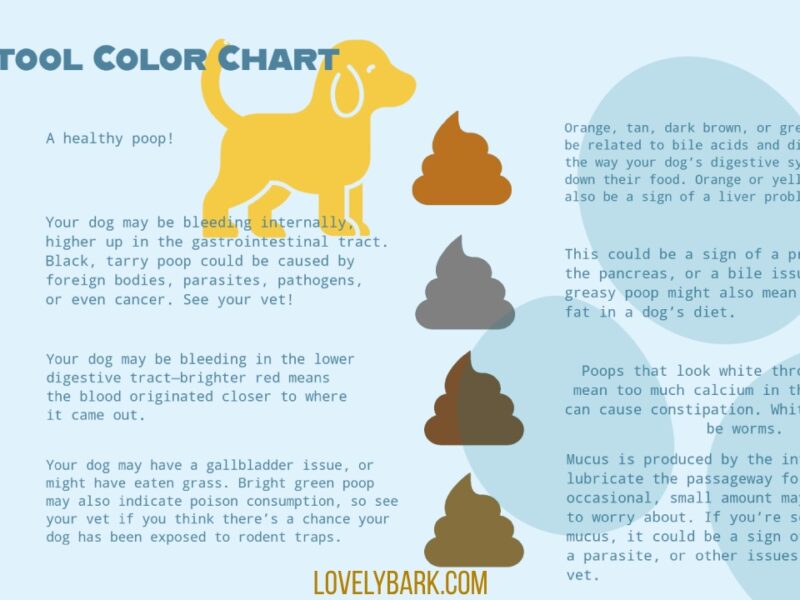Table of Contents
The Miniature Long Haired Dachshund is a breed known for its unique appearance and lively personality. With its long back, short legs, and flowing coat, this dog captures the hearts of many dog enthusiasts. In this comprehensive guide, we will explore the characteristics, health concerns, and care tips for this glamorous breed. Whether you are considering adding a Miniature Long Haired Dachshund to your family or simply want to learn more about this wonderful breed, this article will provide you with all the information you need.
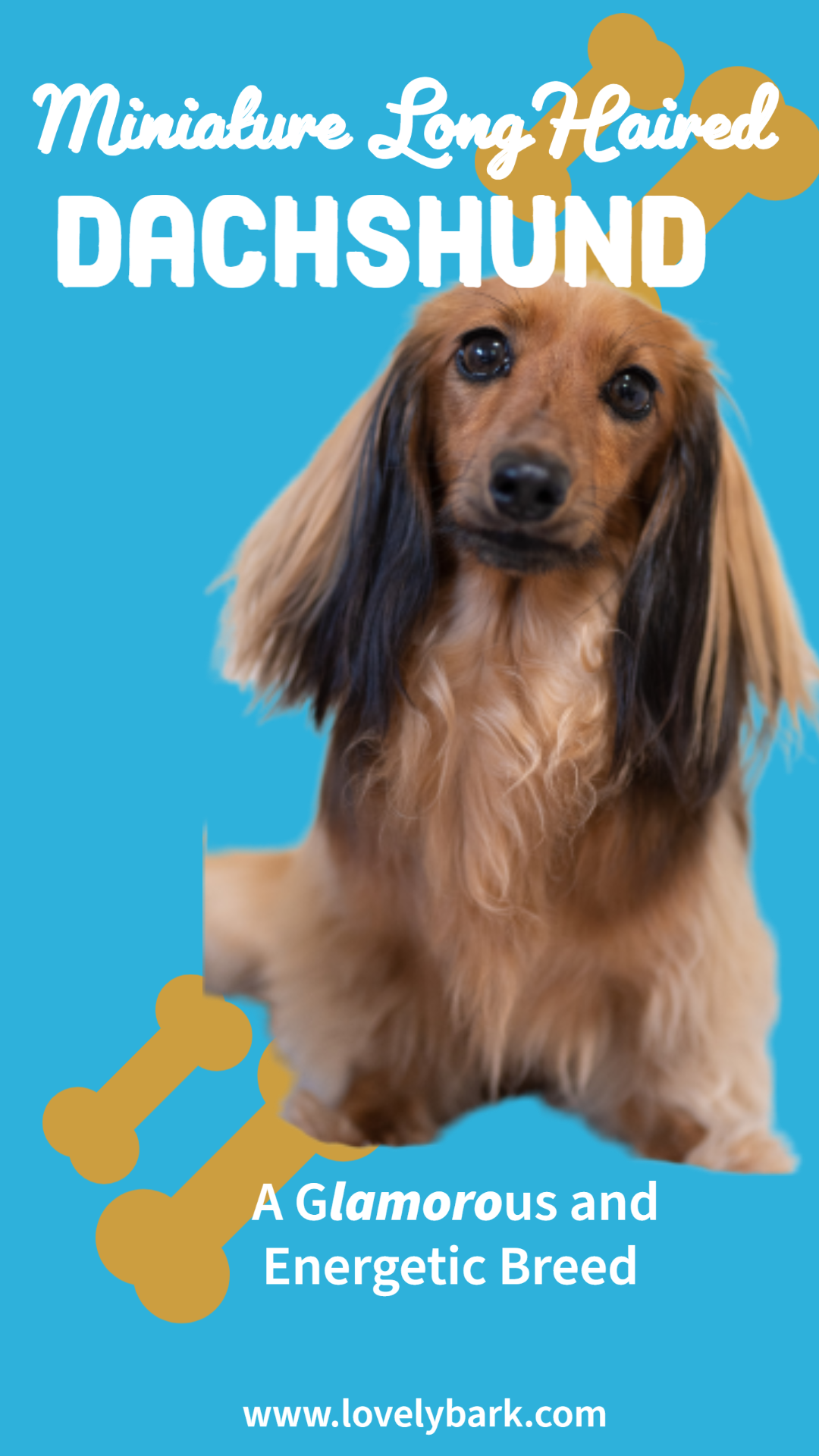
History and Characteristics
The history of the Dachshund can be traced back to the 15th century in Germany, where they were initially bred for hunting purposes. The word “Dachshund” translates to “badger dog” in German, reflecting their original role in hunting badgers and other small game. Over time, the breed’s distinctive body shape and characteristics were refined, resulting in the Miniature Long Haired Dachshund we know today.
Body Structure
The Miniature Long Haired Dachshund has a long, low-slung body that allows it to navigate through tight spaces, such as dens and tunnels. This compact and muscular build gives them the agility and strength needed for hunting. Despite their small size, they have a deep, broad chest and well-developed forelegs, which contribute to their overall power and stability.
Coat Varieties
One of the distinguishing features of the Miniature Long Haired Dachshund is its luxurious coat. There are three coat varieties within the breed: smooth, long hair, and wire. Each variety has its own unique attributes.
- Smooth Coat: The smooth coat is short and shining, providing some protection against the elements. It is sleek and requires minimal grooming to maintain its appearance.
- Long Hair Coat: The long hair coat is sleek and may have a slight wave. It offers more protection than the smooth coat, with feathering on the ears, legs, and undercarriage. Regular grooming is necessary to keep the coat in good condition.
- Wire Coat: The wire coat is characterized by tight, thick, and hard hair with a finer undercoat. This coat variety provides maximum protection and requires regular hand-stripping to maintain its texture.
Temperament and Personality - Miniature Long Haired Dachshunds are known for their confidence, keen nose, and loud voice. They have a lively and energetic nature, always ready for an adventure. Despite their small size, they possess a strong personality and can be quite independent. They are also known to be loyal and affectionate towards their owners, forming strong bonds with their families.
Find out more about Dachshund breed on AKC.
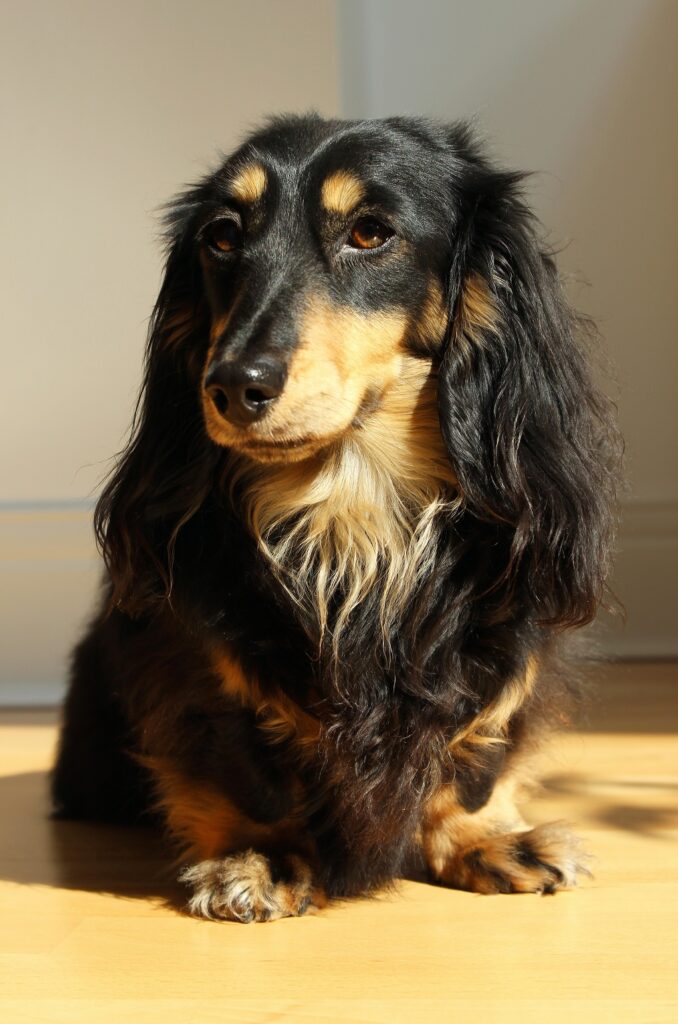
Health Concerns
As with any breed, the Miniature Long Haired Dachshund is prone to certain health issues. It is essential to be aware of these potential concerns to ensure the well-being of your furry companion. Regular veterinary check-ups and proper care can help minimize the risks associated with these conditions.
Intervertebral Disc Disease (IVDD)
One of the most common health problems seen in Dachshunds, including the Miniature Long Haired variety, is Intervertebral Disc Disease (IVDD). This condition affects the discs that cushion the bones in the spine. The discs can dislodge or burst, putting pressure on the spinal cord and causing back pain, weakness, or even paralysis of the limbs.
Angular Limb Deformities
Another condition that can affect Miniature Long Haired Dachshunds is angular limb deformities. These deformities occur due to asynchronous growth of a pair of bones, resulting in bowed or rotated limbs. This can cause pain and lameness in affected dogs.
Progressive Retinal Atrophy (PRA)
Miniature Long Haired Dachshunds are prone to Progressive Retinal Atrophy (PRA), an inherited disorder that affects the eyes. PRA causes the degeneration and wasting away of part of the eye, potentially leading to blindness. Regular eye examinations and genetic testing can help identify dogs at risk for this condition.
Cushing’s Syndrome
Cushing’s Syndrome is another health concern that can affect Miniature Long Haired Dachshunds. This condition occurs when the body produces an excessive amount of cortisol, a natural steroid hormone. Symptoms of Cushing’s Syndrome include excessive drinking, tiredness, and changes in appetite. Consultation with a veterinarian is necessary for diagnosis and management of this condition.
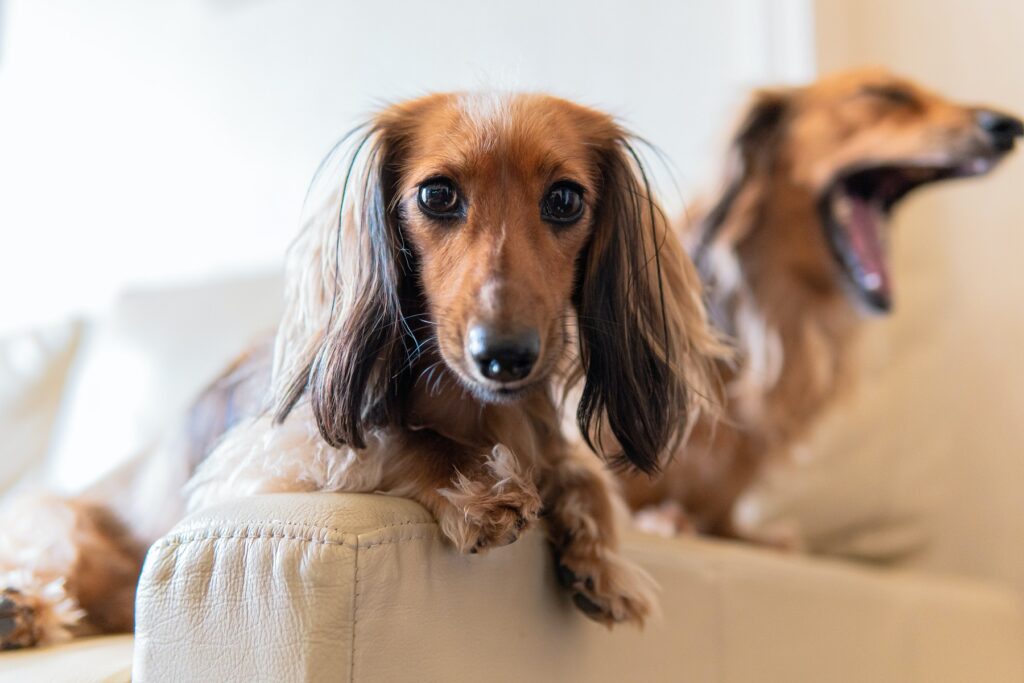
Health Testing and Screening
To ensure the overall health and well-being of the Miniature Long Haired Dachshund breed, it is important to participate in health testing and screening programs. These programs help identify dogs that may be at risk for certain inherited conditions, allowing responsible breeders to make informed decisions when breeding.
Progressive Retinal Atrophy (PRA) Testing
DNA testing is available for Progressive Retinal Atrophy (PRA) in Miniature Long Haired Dachshunds. This test determines whether a dog has the potential to be affected by this condition. By screening breeding dogs for PRA, breeders can avoid producing puppies at risk for this inherited disorder.
Intervertebral Disc Disease (IVDD) Scheme
The Intervertebral Disc Disease (IVDD) Scheme for Dachshunds is another health testing program designed to assess the risk of IVDD in the breed. This scheme includes a grading system based on radiographic evaluation, allowing breeders to make informed decisions when selecting breeding pairs.
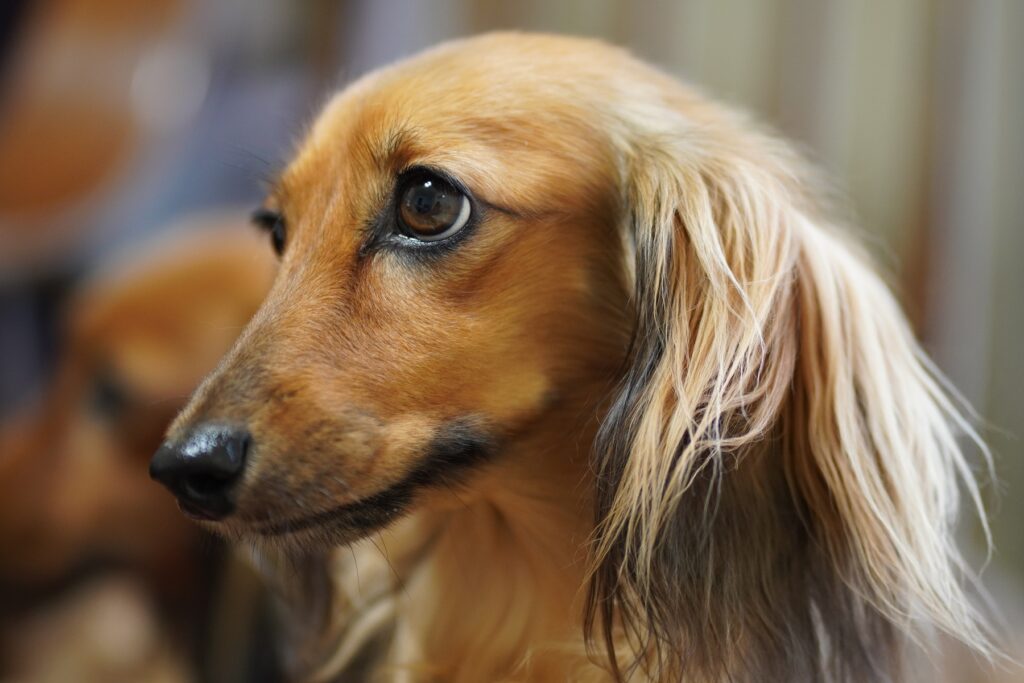
Care and Maintenance
Caring for a Miniature Long Haired Dachshund involves meeting their specific needs to ensure their overall well-being. Here are some essential care tips for this breed:
Grooming
The Miniature Long Haired Dachshund’s long hair requires regular grooming to keep it looking its best. Brushing the coat several times a week helps prevent tangles and mats. Additionally, regular nail trims, ear cleaning, and teeth brushing are essential parts of their grooming routine.
Exercise and Mental Stimulation
Despite their small size, Miniature Long Haired Dachshunds are energetic dogs that require regular exercise. Daily walks and playtime in a secure area can help satisfy their physical and mental needs. Engaging them in puzzle toys and training activities can also provide mental stimulation.
Training and Socialization
Early training and socialization are crucial for Miniature Long Haired Dachshunds to develop into well-behaved and confident dogs. Positive reinforcement techniques, such as reward-based training, work best for this breed. They thrive on mental challenges and enjoy learning new tricks and commands.
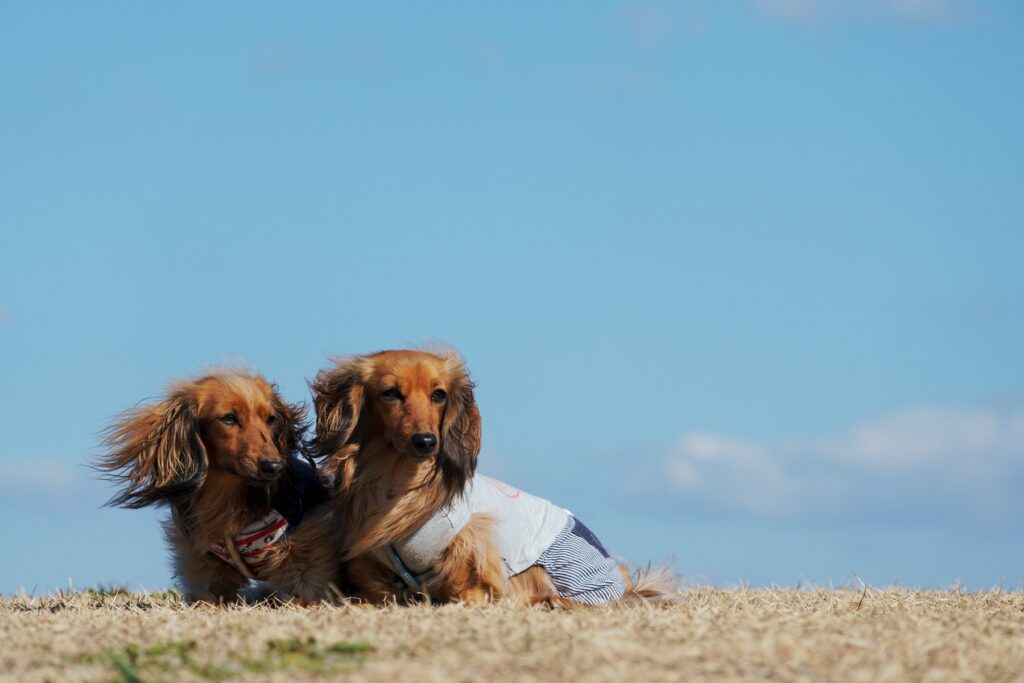
Is a Miniature Long Haired Dachshund Right for You?
Before bringing a Miniature Long Haired Dachshund into your life, it is important to consider whether this breed is the right fit for your lifestyle. Here are a few factors to consider:
- Experience: Miniature Long Haired Dachshunds are suitable for owners with some experience in dog ownership. Their independent nature may require extra patience and consistency in training.
- Exercise: While they may have short legs, Miniature Long Haired Dachshunds still require regular exercise. They enjoy gentle walks and benefit from at least half an hour of exercise per day.
- Grooming: The long hair coat of Miniature Long Haired Dachshunds requires grooming every other day to keep it looking its best. If you prefer low-maintenance grooming, this may not be the ideal breed for you.
- Compatibility: Miniature Long Haired Dachshunds can be vocal and may require training to live harmoniously with other pets or children. Early socialization and training are essential for creating a well-rounded and well-behaved companion.
Conclusion
The Miniature Long Haired Dachshund is a glamorous and energetic breed that captures the hearts of many dog lovers. With their unique appearance, lively personality, and loyal nature, they make wonderful companions for the right owner. However, it is important to be aware of their potential health concerns and the care they require. By understanding their needs and providing them with proper care and attention, you can ensure a happy and fulfilling life for your Miniature Long Haired Dachshund.
”FAQs”
Why do Dachshunds lick so much?
Doxies' loyalty to their owners is one of the most lovable things about the breed, so it makes sense that they'd want to show you just how much they love you by covering you in kisses! Historically, dachshunds also use licking as a sign of submission to their pack leader.
Do Dachshunds bark a lot?
Dachshunds were bred to be hunting dogs, and like all hunting dogs, they tend to bark. Their bark can be loud, especially considering their small size. Many Dachshunds are sensitive to changes in their environments, which increases the likelihood of excessive barking.
Are Dachshunds expensive?
A Dachshund puppy price from a reputable breeder is usually going to be in the higher price range of about $1500-$2000. This usually comes with an assurance of a healthy pup. The price of a sausage dog can be lower at around $500-$600 if bought from a puppy farm.
Is Dachshund a good family dog?
As family dogs, dachshunds are loyal companions and good watchdogs. They are good with children if treated well. They can be slightly difficult to train. Some dachshund fanciers say there are personality differences among the different varieties of the breed.


